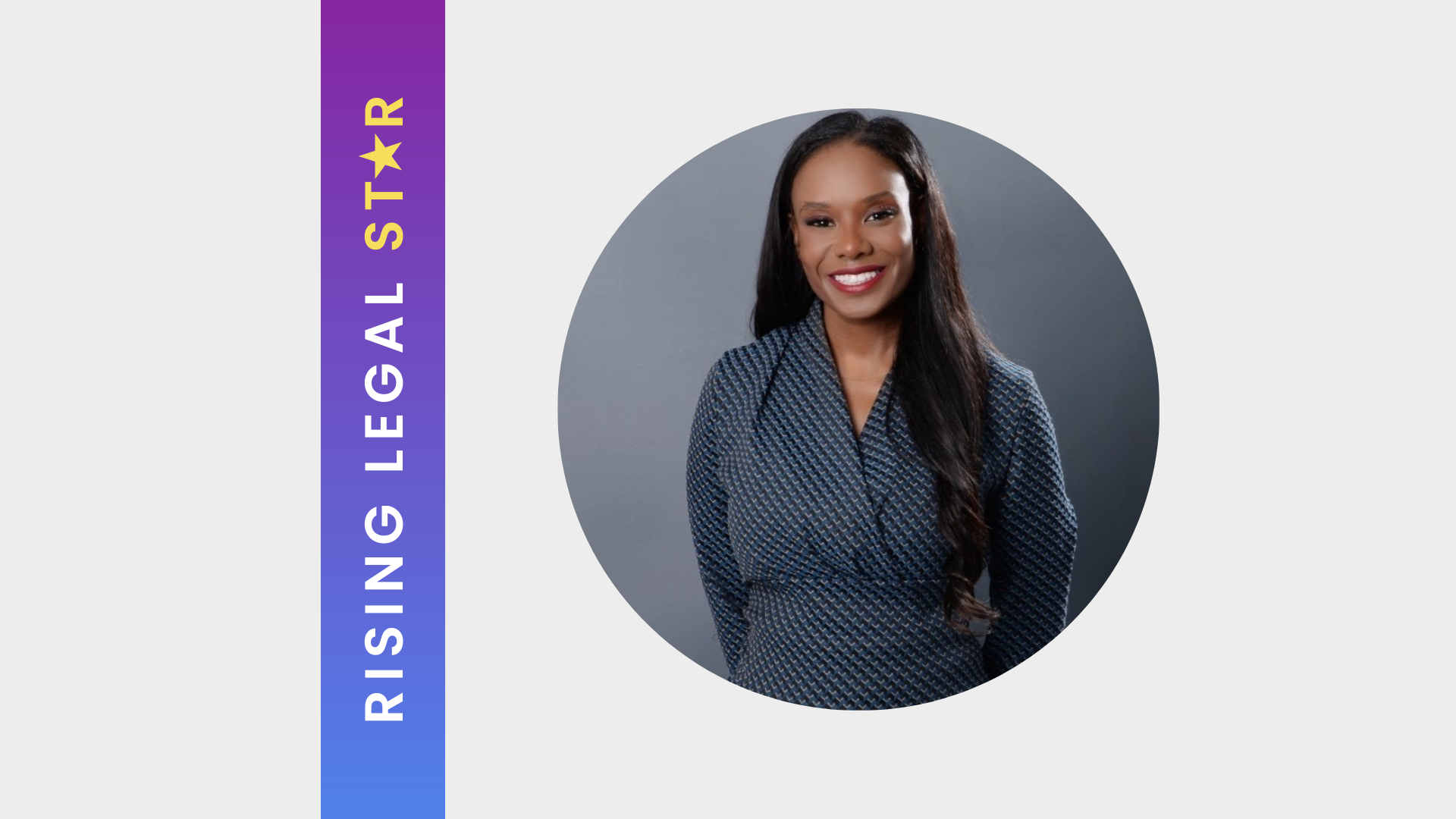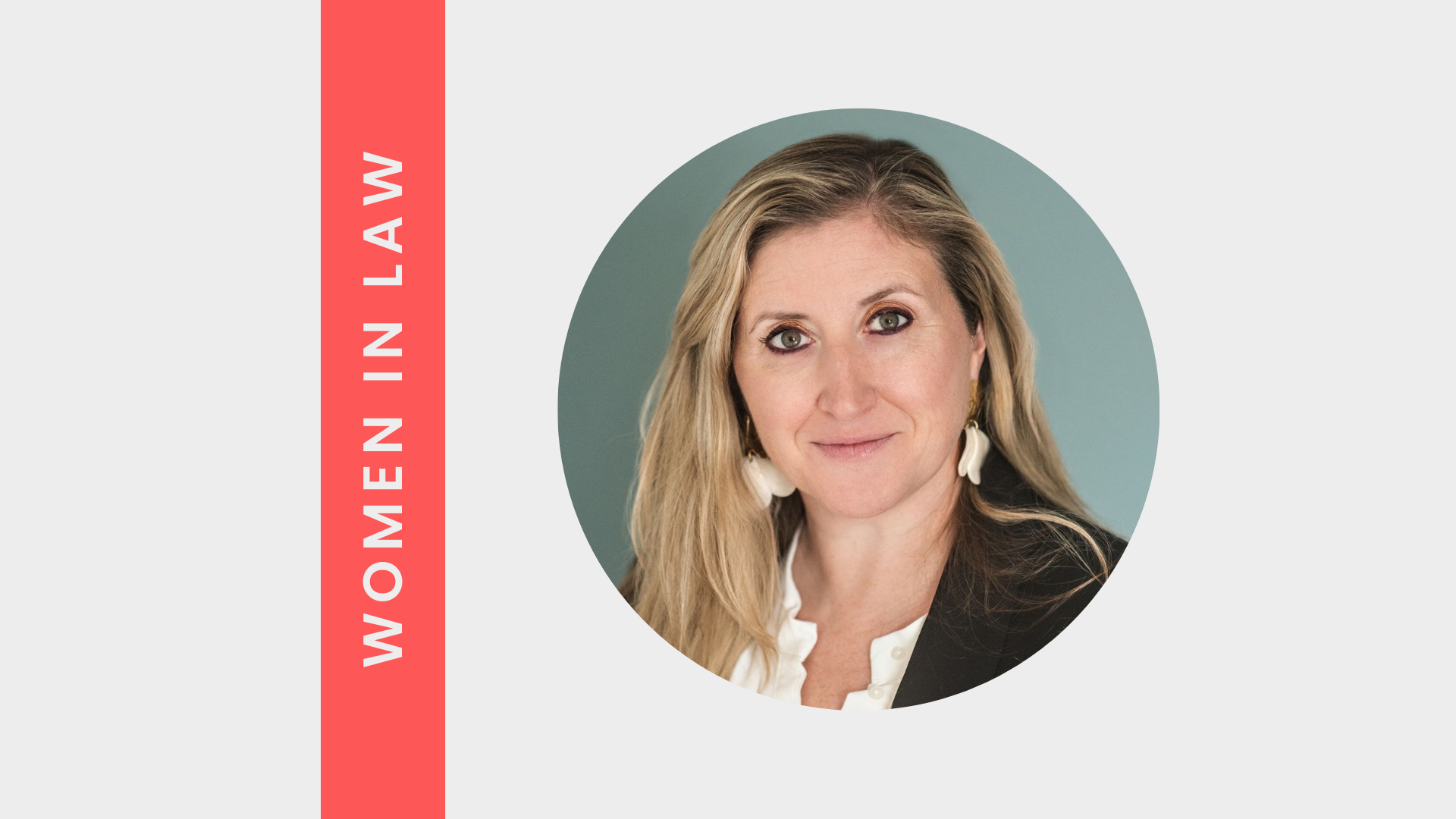Life in Bermuda as an Offshore Lawyer
What was your initial attraction to the offshore markets both from a personal and professional standpoint?
At the risk of sounding a little mercenary, one of the biggest allures is the compensation and tax situation. I come from one of the most highly taxed provinces in Canada. If you're saddled with student loans while paying high income tax, it's tough to get yourself out of debt, into the black, and kickstart your life. Another aspect of it is the exoticness of going offshore and living on an island. It's a challenge, it's a new culture, it’s new people. Those were the primary personal motivators, but professionally I knew that offshore is where a lot of the best business happens. Anybody who is looking to strategically invest or to do something big usually has an offshore component to it. That said, I wasn't prepared for the quality of work I was going to receive, and I now deal with clients in New York, London, Toronto, Hong Kong, and all over.
How have you found the transition to working offshore having come from a more traditional onshore practice?
The transition to offshore was a little different than I expected. I'm used to the frantic nature of the Toronto, New York, corporate lawyer lifestyle and it was tough for me to deprogram being stressed. It took a while to get into the island mindset where you're not getting emails at all hours of the night and weekend because the Partners aren't working, they're leading by example. People value their time off and if they value their time off, they value your time off. So, that was an interesting adjustment. In terms of the actual work that I do, the biggest transition would be from a transactional perspective. Onshore, I was used to being, for lack of a better phrase, the bus driver. I was coordinating everything, organising external counsel, doing the primary drafting, that sort of thing, but when you're offshore, you are a smaller component of a much larger transaction, and the bus is being driven by onshore counsel. It's a lower level of stress, so the control freak in me is adjusting to that, but it's a nicer pace for sure.
What sort of support have you had since making the move offshore and what has your experience been of those resources?
When you go offshore to a small island such as Bermuda, you need to go with your eyes wide open, understanding that the infrastructure is not the same as it is in a big city. There are delays, things move more slowly, and you must have patience. My work permit took quite a bit of time, but I had lots of resources in the firm, with the HR department making phone calls and following up as needed. The Partners were very supportive too because everyone understands those delays are not your fault. The welcoming feeling of the firm has also been a huge resource, making sure that I'm socially integrated. For example, when I first arrived, I had to quarantine at the height of the pandemic and my firm made sure I had groceries delivered to the hotel room, all my favorite foods while I was stuck there, so it's been great.
From a training and upskilling perspective, how would you say that the firm has supported you?
Bermuda is a common law jurisdiction and while we all have a similar foundation, the learning curve is steep. There's a lot of legislation that you need to get familiar with and like any other offshore jurisdiction it's very highly regulated. There is a lot of protocol when it comes to anti-money laundering and anti-terrorism financing. I effectively had to revert to being a student in terms of getting used to doing research and reading the law again, which gives you a big healthy dose of humility. You’re almost starting from zero, even though my title is Senior Associate, but it doesn’t take long to get up and running.
How would you say that you've found life on Bermuda?
I love it here. Everyone knows about the pink sand beaches and the weather, but one thing I like about Bermuda is it reminds me of smalltown Canada in that everyone is welcoming and it's just a happy atmosphere. I think because the pace is so much more laid-back, people are generally more cheerful. Walking downtown in Bermuda is very different from walking downtown in London or New York. Somebody actually said to me, “Have a ‘Bermudaful’ day” at the store yesterday! The only challenge is the supply chain because it’s a small island. Most things are imported, so you can’t necessarily find the products you’re used to, and they’re more expensive.
What have been the main pros and cons of work and life since moving to the island?
Before you make a move to somewhere like Bermuda, I would highly recommend doing your research about everyday things such as internet speeds or cell phone networks, because it's not Canada, it's not the UK, it's different. Be prepared for the cost of living: yes, your salary is higher, but the cost of living is proportionately quite high. Take into consideration the cost of your electricity, your water, your food etc. Things are much slower here, so you need patience when it comes to immigration or setting up a bank account – it will get done, but not as quickly as it would onshore. The flipside of that is one of the pros – you don’t have people yelling or stressing you out, which makes for a much more pleasant work environment. For my own wellbeing and personal health, I have lost weight since I've come here, I'm sleeping better, I'm happier with my work/life balance. I live a much healthier lifestyle, walking and swimming and being outside, rather than driving all the time.
How did you find the process from start to finish, from the interview to the physical relocation to Bermuda?
I initially had a hard time getting the attention of offshore firms and I felt like I was sending applications into these black holes, and nothing was happening. It wasn't until I connected with Hydrogen and could leverage your relationships that people were interested in me. So, the biggest challenge offshore I think, is getting on their radar. Once interviews were in place, it moved very quickly and was very straightforward, with nothing out of the ordinary in the interviews themselves. I think the time from first interview to offer in hand was less than a month. My work permit process was problematic, but I think that was abnormal and down to the pandemic, so it took me six months to finally land on the island and move here properly. One thing it’s worth being aware of is that places like Bermuda and Cayman have protocols in place to protect locals. Your employer must show that no local can do the job before they hire from abroad, so the firm wanting you isn't always enough, and that can add to the process timewise.
How did you go about assimilating into life in Bermuda?
It's not hard here - you just walk around with a smile and are assimilated! In practical terms of the day-to-day, I think there are two ways to approach an international move like this. One is to liquidate your life; sell everything you own and go with a couple of suitcases and start building when you land. The other is to ship everything you think you might need, which is what we did. While it was much trickier to do, mentally it means I am fully invested in Bermuda and am here for the long haul, I can’t just go back to Canada with my suitcases next week. It depends where you are at in your life as to which approach you take – maybe earlier in your career, or if you’re single and don’t have loads of furniture, then you’d just come and get a furnished place.
How have you found settling into a social life in Bermuda, at work and outside of work?
At work, we have plans for a summer social underway and once a month, on a Friday night, we have what we call Wine Time, where the whole firm, from assistants to Managing Partner, gets together. Outside of work, I'm an avid golfer and there are beautiful golf courses on the island, so every couple of weeks, I play golf. I was also a competitive volleyball player at university, and I’ve joined the Bermuda national volleyball team, which is amazing, like getting a second chance at being a high-level athlete. My firm is fully supporting this too and are looking at sponsorship opportunities and giving me time off to travel to Olympic qualifying events. I also find that cross firms, not just within Walkers, everybody knows everybody, as it’s such a small place, so you can often socialise with other people in your industry too.
Could you leave us with some top tips for someone looking to make a move offshore?
Do your research, as I mentioned before. It sounds basic, but if you can visit the island and know what to expect, it’s a huge help. If you can get an ally on the island, that’s even better. I was lucky enough to connect with some colleagues at Walkers before arriving and one of them was able to liaise with a real estate agent and help organise our home before we landed. At the risk of sounding a little bit cheesy, try to be fearless, come in with an open mind and embrace the change and differences. The reason most people don’t move offshore is because they’re afraid of new things or being far away from family, and they don’t like change. My tip is don't be afraid of the change and your life will absolutely improve for the better.
If you would like to see the full video interview, click here, and you’ll get redirected to the video interview page.
Anyone wishing to have a confidential discussion around opportunities in Bermuda, Cayman Islands, British Virgin Islands, or the UK Channel Islands, please get in touch with the Offshore team at Hydrogen and we'd be more than happy to talk to you through the opportunities at your level.
Our latest insights







